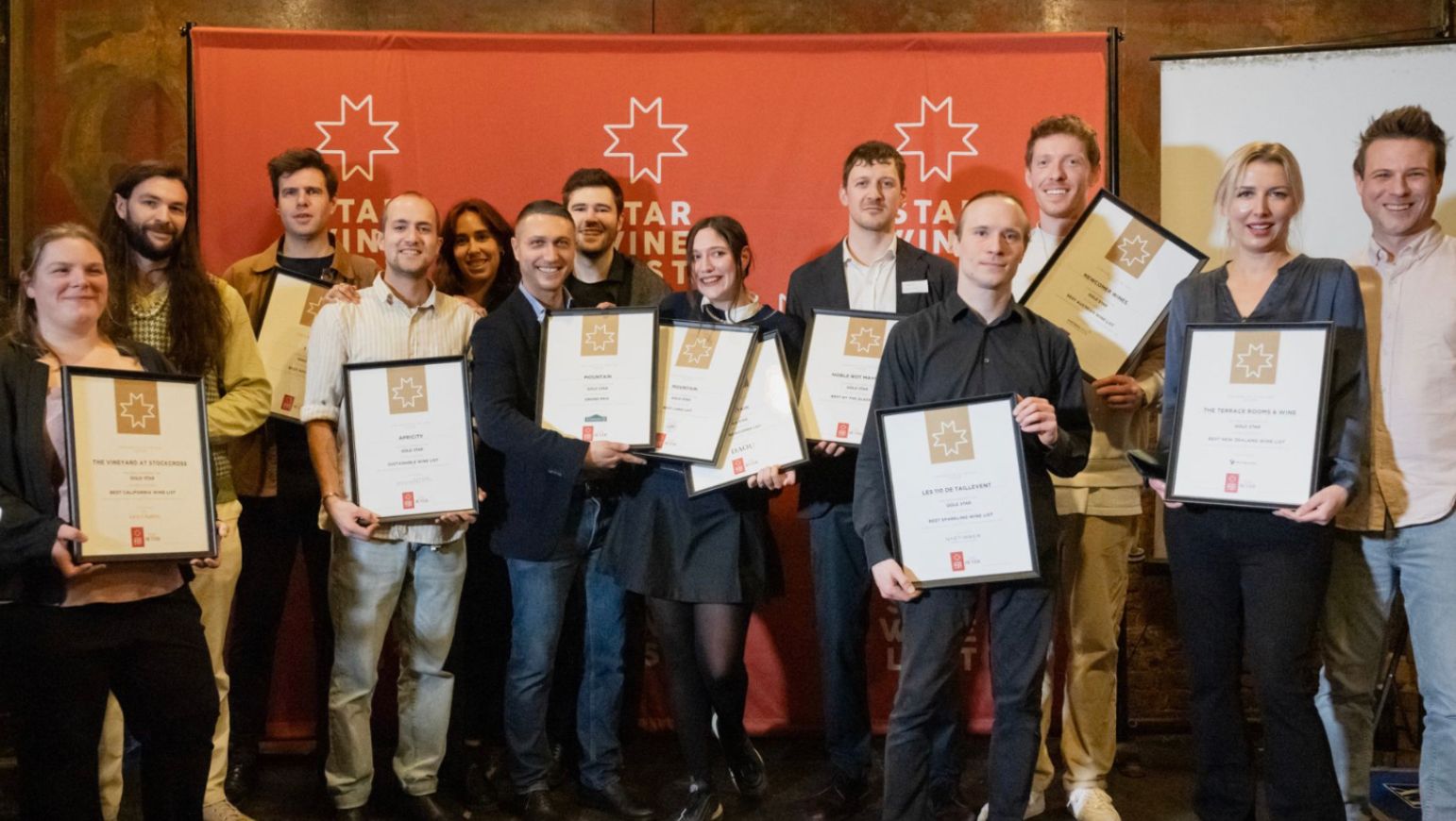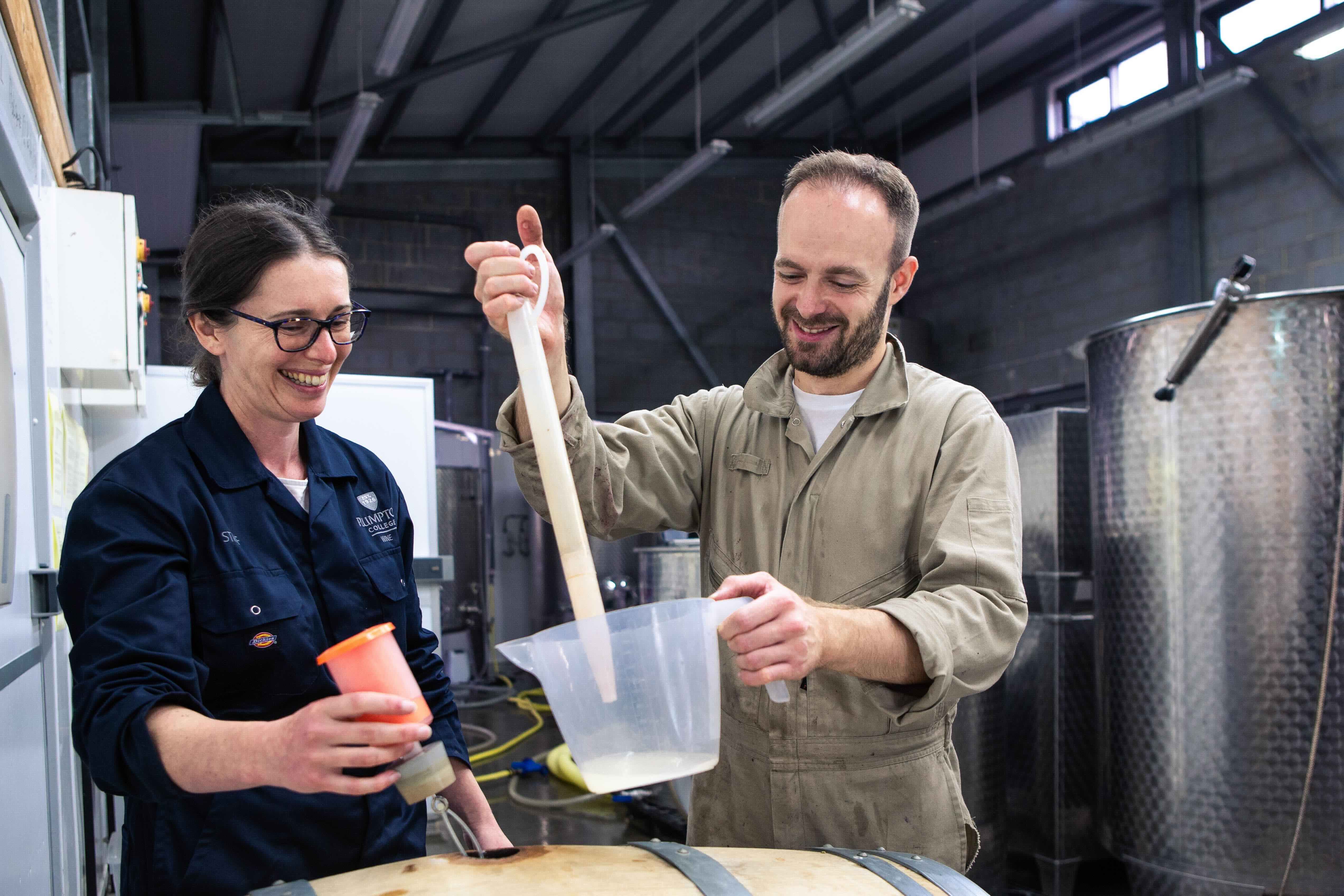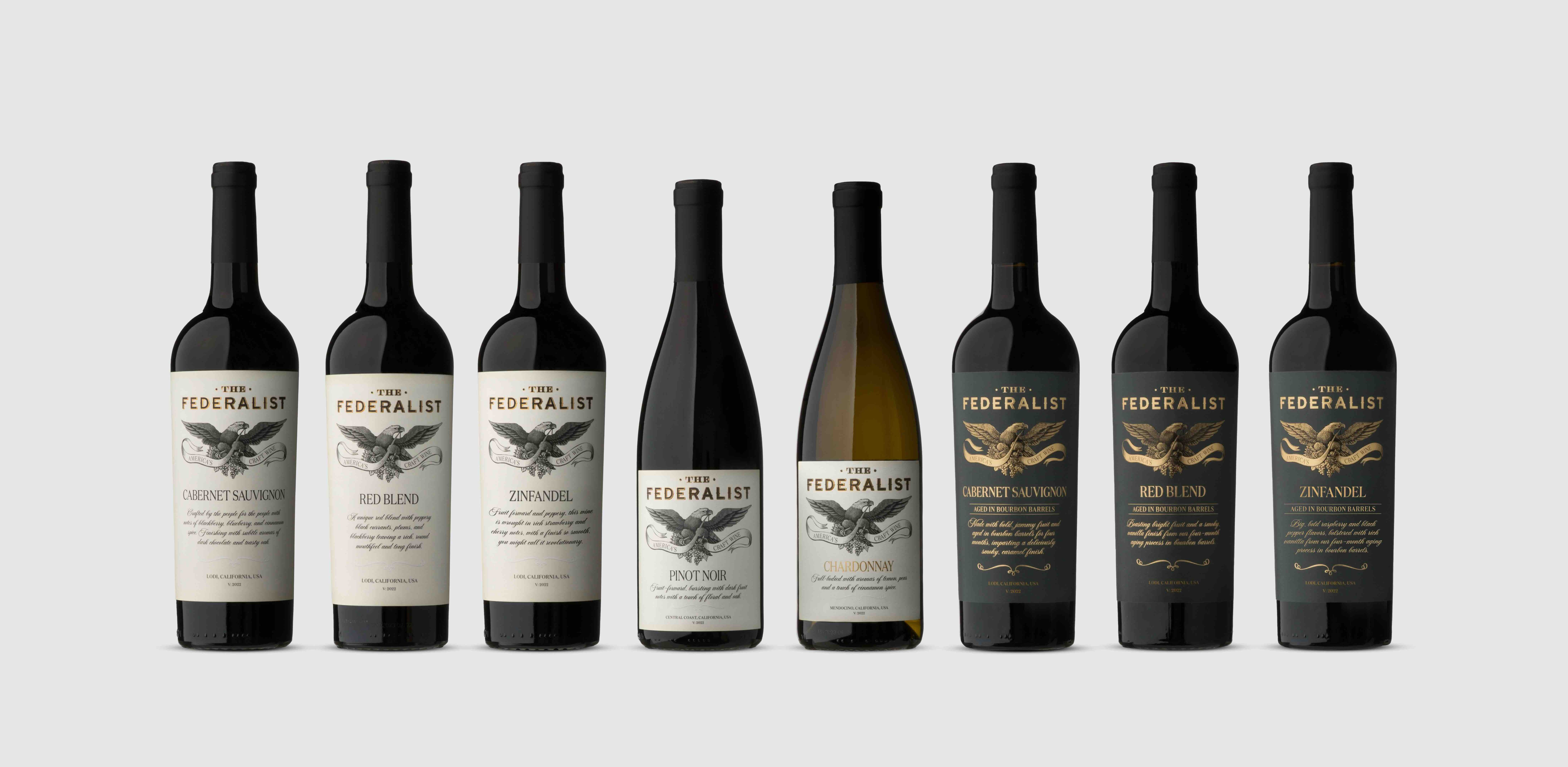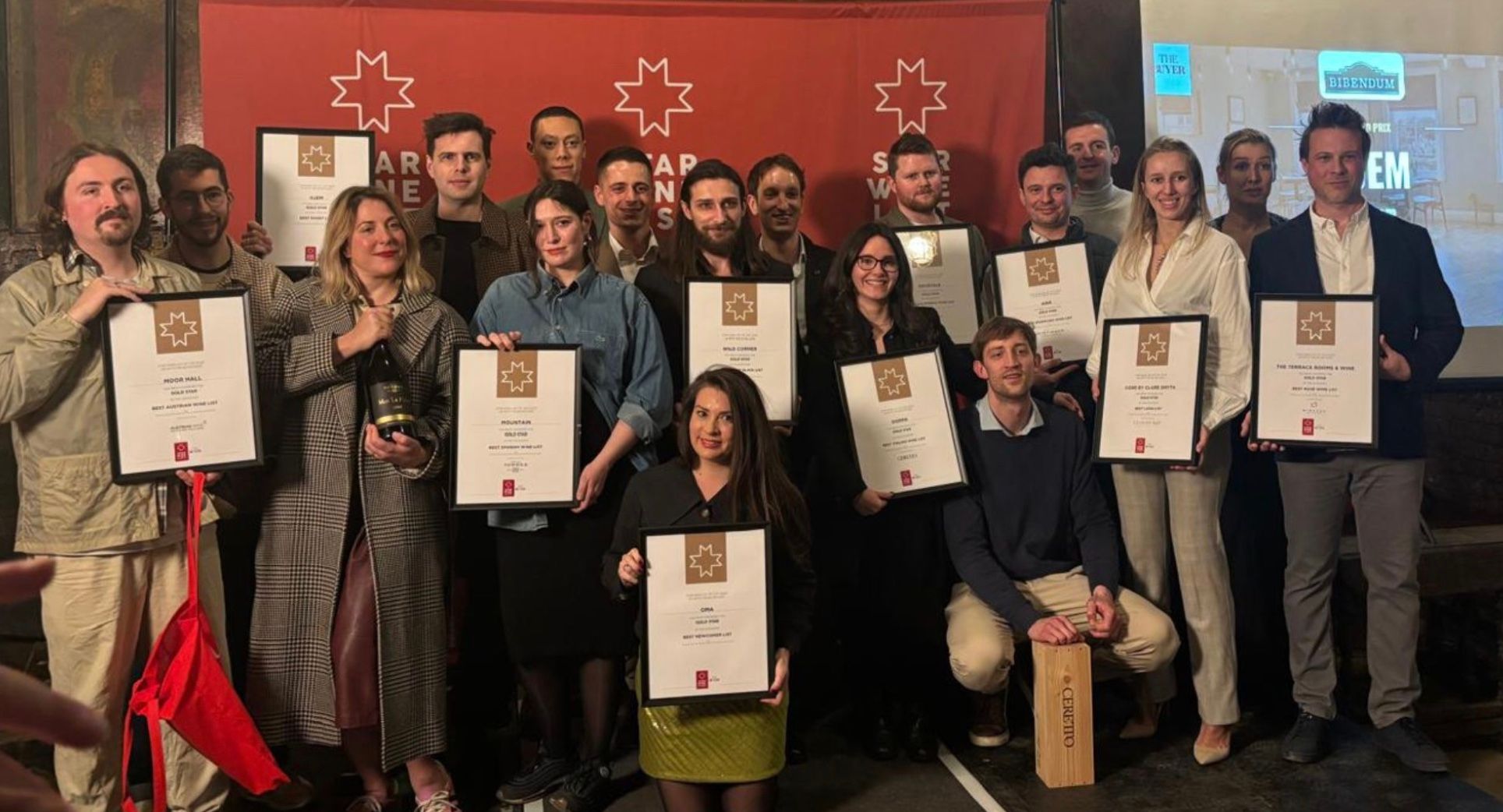It’s not just the actual course you need to get right when teaching online, but the logistics of getting the right samples at the highest quality out to those taking the course, says Bibendum’s Julia Bailey.
“The best thing I have done this year!” – the words of a pleased punter after finishing Bibendum’s newly-digitised WSET training earlier this month. Perhaps it’s unsurprising that a delivery of wines in the post and a group of people eager to taste them with you would be top of your 2020 memories – the list, after all, wouldn’t exactly be long. But it’s certainly not simple to facilitate a wine training course that’s as interactive and engaging as it would be in the classroom, as Julia Bailey, Bibendum’s head of training, explains.
Back in June the WSET started allowing students to take their exams online with virtual invigilators. This meant training providers could offer levels 1 and 2 entirely online for the first time. Before, all exams had to be attended in person. In the spirit of 2020, many wine educators hopped on board.

The Bibendum training team, headed up by Julia Bailey far left, has been able to offer WSET levels 1 and 2 training online this year
But in the age of Zoom, how do you make yourself stand out in a crowded market of e-learning? For Bailey and her team including samples was a priority both for student experience and for quality assurance.
“We thought it was really important that we could at least provide the samples. Also we know the quality of the samples at Bibendum,” she says.
It’s all about the logistics
It seems obvious that tasting samples should be integral to wine training, but Bailey says the logistics of getting them to people have been off putting for many. Some providers give students the option to add on a samples package at their own cost. Others have opted for a BYO-style of classroom where students can go and buy their own wines. But that surely raises its own problems when it comes to asking a Zoom-full of people where their various off-licence-bought wines fit in with the systematic approach to tasting…
For the Bibendum team, these options weren’t quite enough. Bailey felt it was a lot to expect students to buy their own wine, especially when some don’t particularly like wine, but need better product knowledge for their job. Bibendum sourced a company that could repackage its usual samples into 75ml test tubes. The wine is bottled under inert gas to ensure it is preserved for the length of the course.
Re-packaging a course’s worth of wines was a tough project, but for Bailey it was well worth the effort and cost. One downside is much longer lead times than a course run from Bibendum HQ. Last-minute sign-ups or student swaps are harder to accommodate if there simply isn’t enough time to get the samples out to them. Lockdown restrictions also impacted the team’s ability to nip into the office and put a last-minute pack together to mail out.
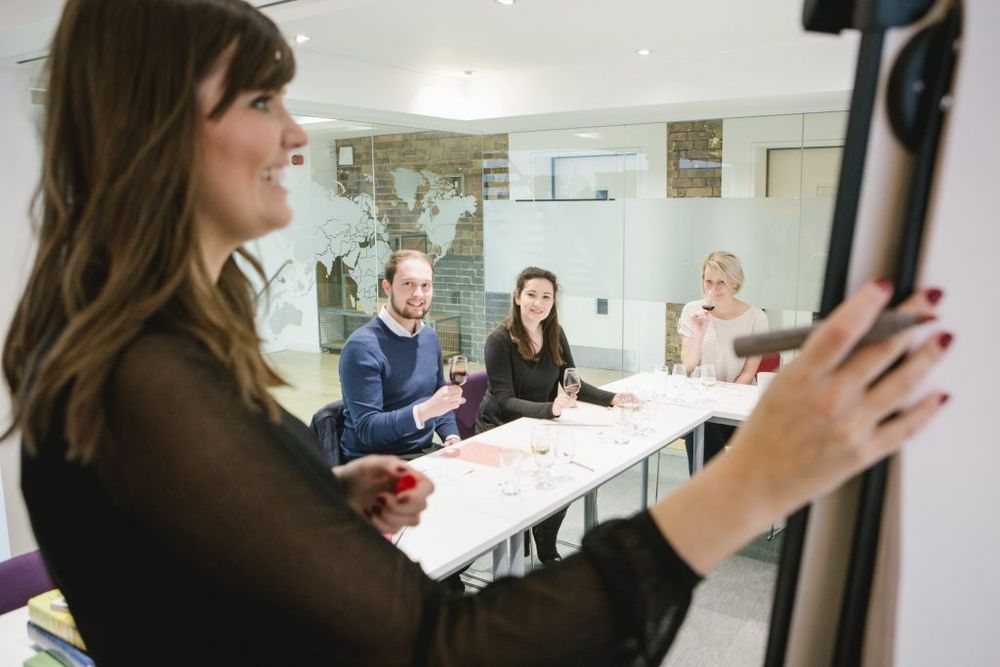
Julia Bailey and her team have had to get used to still presenting wine courses but rather than standing up in person – as she is here – they have had to find a way to do it on Zoom
Lights, camera… live
The other key priority for Bailey was presenting live. One option for WSET APPs (approved programme providers) is to use pre-recorded materials on an online portal, but Bibendum uses the resources it had created for the physical classroom and maintains the live teaching element. It took the best part of two months to devise a model that would work and be just as fun and interactive, but that extra work gives the course an edge.
The Bibendum team has never been shy around innovation. This helped the training team massively when it came back from furlough and started working on the Zoom class, as it had already developed online resources across two platforms to partner in-class trainings. These ready-to-go resources knocked about six months off of the workload for their virtual training, says Bailey.
“Michael (Saunders) has always been very supportive of any innovations we’ve wanted to make in training even if there is a cost attributed to them – so long as we can say that there is a benefit for the business. We’re lucky in that sense that Bibendum is a progressive company and has always been quite innovative if it can bring benefit to the business and our customers.”
The nuts and bolts
So if you were to sign up today to a course, what would happen?
Students get 18 samples of wine and fortified wine in the post plus two bottles of sparkling – in regular-shaped bottles, not tubes. This is slightly reduced down from the 30 in ‘normal’ courses, but all the core wines remain.
The level 2, normally run over three full-day sessions, is now spread over five weeks with 10 two-hour sessions. This is to combat the dreaded ‘Zoom fatigue’ and allow the sessions to fit around shift patterns.
The team chose Zoom for its famous break-out rooms function, as well as the general understanding most of us now have of the app. Blind tasting, quizzes, polls and presentations can all take place on Zoom so it’s isn’t just a one-way learning experience. Bailey said they have found that getting students teaching their peers is highly effective, so was keen to keep that element of the course.

Examinations are run by the WSET and regulations are tight. Two devices are needed, with a video of your at-home exam hall presented to invigilators before you begin. The WSET advise people to put up their own “Exam in Progress” signs too, as even an unsuspecting housemate entering during the exam results in an immediate fail. As does closing the secure window on the screen being used. No watches are allowed to avoid the use of smart watches, and any signs of distraction or averted eyes to a cheeky revision poster just out of shot are flagged by the system. This rigour is good, Bailey feels, for ensuring standards are maintained.
The need to train
A lot of people have used their time this year to upskill and rethink their careers a little, but does Bailey think training should be a top focus for businesses in the current climate?
“I’d say it is as crucial if not more crucial right now for people to train their staff. Selling wine in hospitality now versus selling wine a year ago is a very different prospect, you’ve got a very different economic climate and very different working conditions. I think a lot of businesses are looking to us for guidance when it comes to things like ‘how do I upsell wine to a table?’. We don’t have those big group celebrations or private dining right now. The landscape of wine service has changed and people do want some guidance for that,” explains Bailey.
“Just because there is a pandemic, when people go out to a restaurant they still expect the same level of service and product knowledge, even if the theatre is slightly lost a little.”
While budgets are becoming unfathomably stretched it helps for its customers that training is largely subsidised by Bibendum, too. Training is still very much a part of its proposition.
Online long term
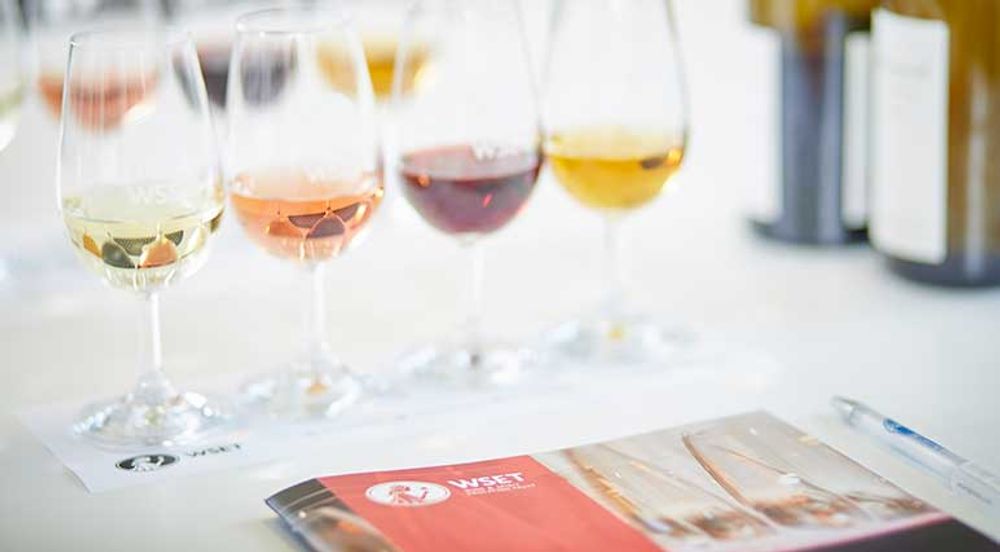
The success of the digital courses in 2020 means Julia Bailey is confident they will remain in some form once working practices go back to normal
So it’s going well so far, but is Zoom training here to last? The Bibendum team had never had requests for totally virtual courses before, but since creating the course demand has been high. It has benefitted from the flexibility and wider reach to students across the UK, rather than all the educators having to travel themselves and students outside London having to wait their turn.
Bailey says: “The classroom has always been the best way of engaging with people, there’s no doubt about that. But I feel really confident about the way we have adapted the course and the level of quality teaching that we’re still offering. I do think there’s a place to keep running the online courses afterwards.”
Does she think it would be possible to do level 3 WSET training online? Despite valiant efforts with samples for the level 2, Bailey thinks the scale of tasting necessary for the level 3 has beaten them for now and it will be running its next level 3 course in person, all being well.
“I don’t think it’s possible,” says Bailey. “You need to have 96 samples. You can’t scale back the samples that people will get in their exam. When we asked people, they didn’t want it.”
On top of sheer quantity, the quality of the wine and its storage is far more important for level 3 where students are expected to taste for the exam. “There’s just so many complications with samples. We have absolutely no control over the transit and storage,” she adds.
She does, though, think a hybrid course could work, but all of the main topics and tasting need to be done in person.
The team is also in the process of getting its Wine Confidence course (a first-look into wine for newbies that is still very practical) ready for a virtual course in January. Watch this space…
- Bibendum’s full training offer and how to book a course can be found here.
- Bibendum will be running its next WSET Level 2 courses at the beginning of 2021, please contact TrainingAdmin@bibendum-wine.co.uk for more details.

